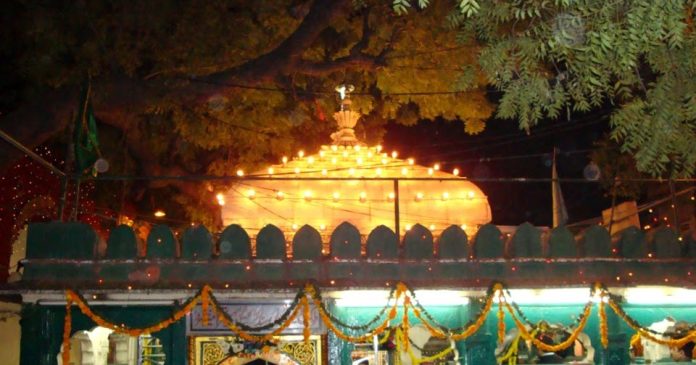India has given visas to 188 Pakistani pilgrims who will visit New Delhi to attend the annual Urs of Hazrat Amir Khusro, a respected Sufi saint. This religious event is part of a long-standing agreement between Pakistan and India that encourages religious travel between the two nations.
The pilgrims will leave from Lahore and reach New Delhi, where they will stay from April 12 to April 18. Pakistan’s Ministry of Religious Affairs has helped them with all the necessary travel documents and gave them pre-departure guidance to make the journey smooth and organized.
This move by India comes shortly after Pakistan approved visas for more than 6,600 Indian Sikh pilgrims. Those pilgrims are expected to take part in the Baisakhi festival in Pakistan. Both of these developments show that despite political differences, the two countries are trying to build positive relations by supporting cultural and religious connections.
Religious tourism has long played a role in improving people-to-people ties between India and Pakistan. These visits allow followers to pay their respects at holy sites, experience spiritual peace, and interact with others who share their beliefs across borders. The participation of Pakistani pilgrims in the Urs of Hazrat Amir Khusro also highlights the importance of Sufi traditions, which focus on peace, tolerance, and love.
Efforts like these are small but meaningful steps toward promoting peace and understanding between the two neighboring countries. They offer hope that cultural and religious connections can help bridge gaps and bring people closer, even during times of tension.
As the Pakistani pilgrims begin their spiritual journey to New Delhi, many see it as a symbol of unity and respect for shared traditions across borders, keeping alive the spirit of harmony in South Asia.


